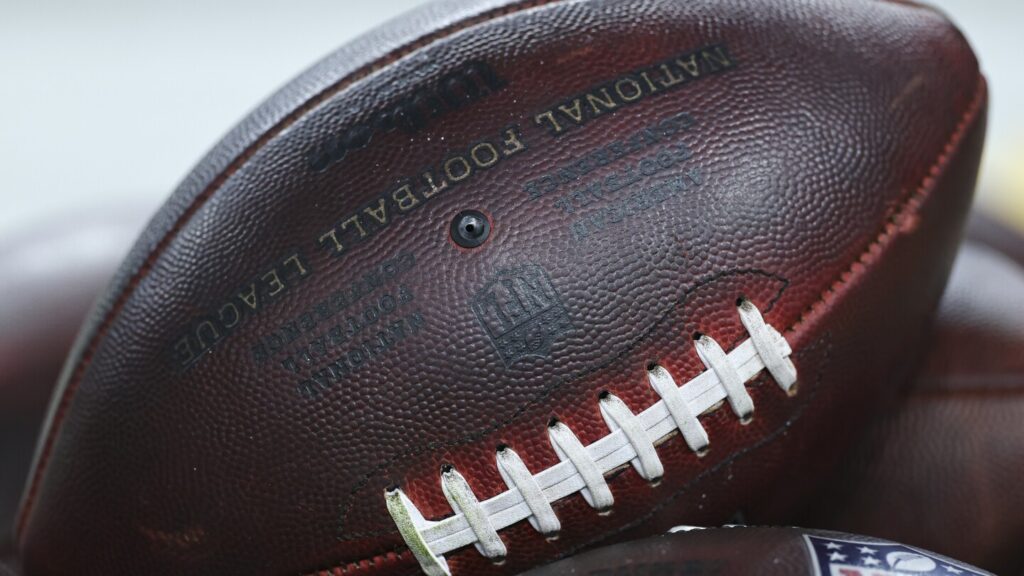As the one-year anniversary approaches for a stunning verdict that found the NFL’s Sunday Ticket package to be a violation of federal antitrust laws, the case remains pending on appeal.
The plaintiffs are challenging the trial court’s decision to scrap a $4.7 billion verdict (which would have been tripled, if upheld), and the league continues to defend Sunday Ticket pricing as perfectly permissible.
Via Daniel Kaplan of AwfulAnnouncing.com, the NFL’s various broadcast partners (except for Amazon) have submitted a friend-of-the-court brief arguing that the league should be permitted to do the very thing that resulted in the finding that it violated the federal antitrust laws.
In reality (I believe) CBS, Fox, NBC, and ESPN/ABC/Disney acted more as friends of the league than friends of the court.
The case arises from allegations that the NFL required DirecTV to charge a premium fee for out-of-market broadcasts in order to deter customers from choosing the ability to watch any game over the “free” games made available on their local CBS and Fox affiliates. And the evidence at trial was clear enough to get a jury to find that, yes, the NFL violated the rights of consumers by making it artificially expensive to get access to ALL games.
The decision of CBS and Fox to file a brief isn’t surprising; they’re the two networks most directly impacted by Sunday Ticket pricing. The only plausible explanations for Disney and NBC to join in the brief are, in my view, these: (1) either network could eventually have a Sunday afternoon package (NBC had one through 1998); and/or (2) they wanted to be good partners.
The more intriguing question is why Amazon didn’t join the party? If arguing to a federal appeals court that the league should be allowed to require a higher price for Sunday Ticket in order to protect the Sunday afternoon broadcast rights packages amounts to being a good partner, choosing not to lock arms with the good partners arguably constitutes being a bad partner.
Ultimately, the networks could be advancing a bad argument. They, along with the league, are basically claiming that making Sunday Ticket (and thus all games) readily available to all consumers would cause chaos. To that, I say this: So what?
If it’s an antitrust violation for 32 independent businesses to come together and require DirecTV (and now YouTube) to charge an artificially high price in order to protect other financial interests, the business reason for doing it doesn’t matter. It’s for every business that operates in the USA to not breach our nation’s antitrust laws.
Arguments like “it will be harder if we comply” or “we won’t make as much money if we comply” don’t matter. In the Sunday Ticket case, a jury found that 32 independent businesses combined to prevent the provider of out-of-market games from charging whatever it wanted to charge for the product, in order to protect the relationships with CBS and Fox.
One persistent argument is that the best solution — all games available to all customers on all Sundays — won’t work if/when networks have to share feeds to ensure proper distribution of the games across broadcast, cable, and/or streaming platforms.
“Broadcasters would never share feeds with direct competitors,” the media companies explained in their brief.
Never say never. Especially since we can think of one at least one way that broadcasters would share feeds in order to ensure that all games will be available to all customers for a competitive and affordable price — the broadcasters will do it if the NFL tells them to do it.
More specifically, if sharing feeds is part of the price to pay for having a rights package, it will happen. And if that results in less profit for the NFL and/or the networks, so be it.
Plenty of businesses could make a lot more money than they’re currently making if they didn’t have to worry about the federal antitrust laws. Last year, a jury found that this is what the NFL has done.
It’s astounding, frankly, for the NFL to essentially argue that it should be allowed to keep violating the antitrust laws in order to keep making as much money as the NFL currently makes from its full slate of Sunday afternoon products, thanks to the sweet spot between getting the most it can from CBS and Fox and the most it can from Sunday Ticket.
That’s basically the argument. Compliance with the law would impact profits. Even if that’s true (and it probably isn’t), that’s the NFL’s problem to solve if/when the courts give all consumers something they’ve been denied for more than 30 years.
The ability to watch any, some, or all out-of-market games at an affordable price.
Read the full article here



